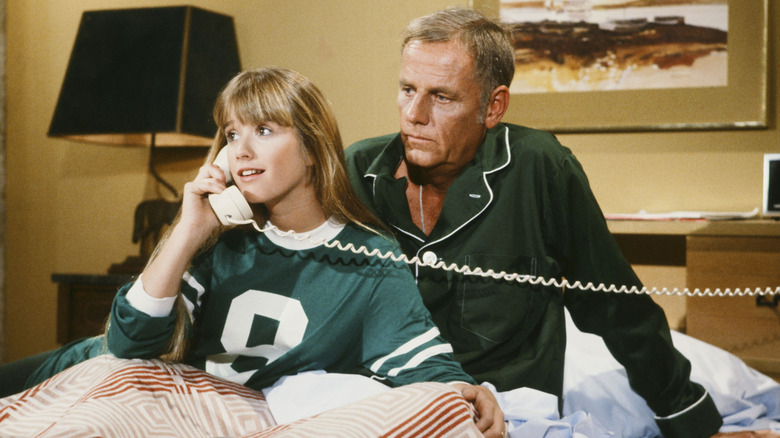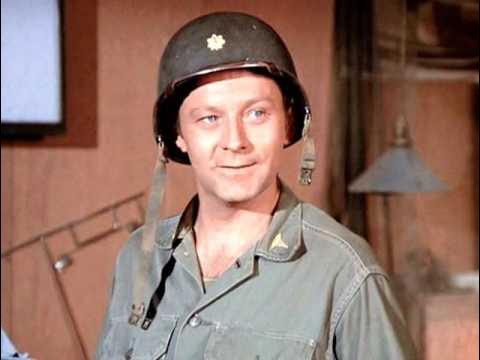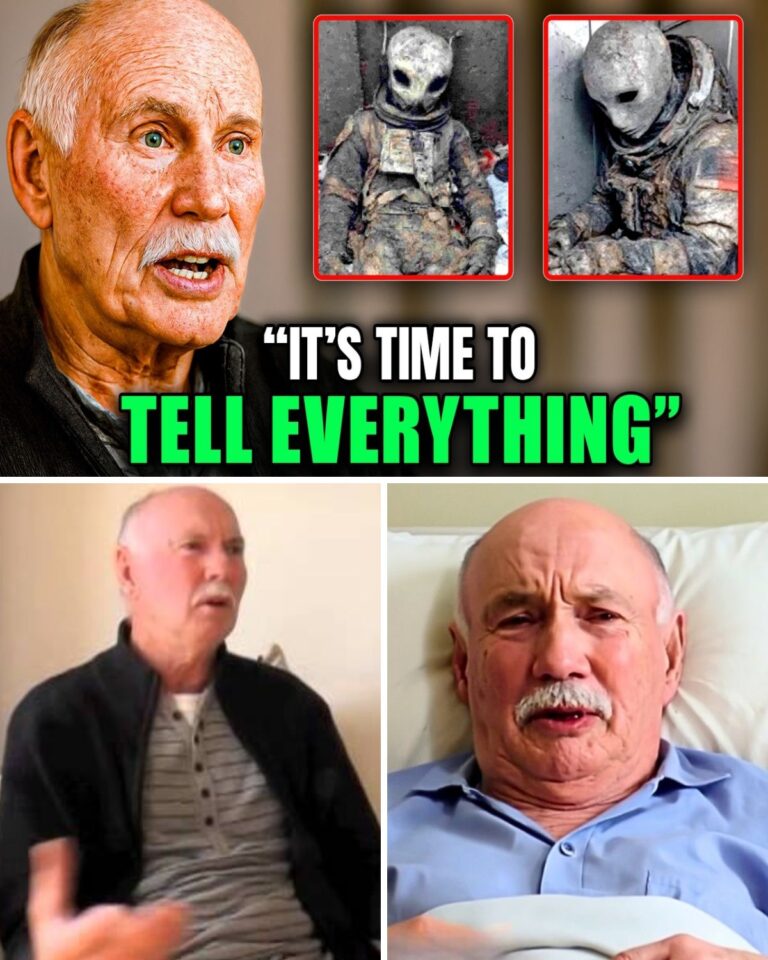It’s one of the most beloved shows in television history — but behind the laughter and the heartfelt moments of M*A*S*H, there was real-life tension, exhaustion, and heartbreak. As the hit series ran from 1972 to 1983, several of its biggest stars made shocking exits that changed the course of TV forever.

At the height of its success, the show seemed untouchable. But when McLean Stevenson (Colonel Henry Blake) announced his departure after Season 3, fans were blindsided — and the shocking on-screen death of his character remains one of the most gut-wrenching TV moments of all time. Stevenson later revealed he left because he “felt overshadowed” by Alan Alda’s increasingly dominant presence, hoping to find greater creative freedom elsewhere — a decision he reportedly came to regret.

Next came Wayne Rogers, who portrayed Trapper John McIntyre. Though he shared an easy chemistry with Alda’s Hawkeye, Rogers quietly left after disputes with producers over creative direction and unequal billing. His exit was so abrupt that Trapper John was written out off-screen, leaving fans puzzled and heartbroken.

Then came the emotional goodbye to Gary Burghoff, the beloved “Radar” O’Reilly. After years on the show, Burghoff battled burnout and personal struggles, culminating in his tearful farewell — one of the most moving scenes in television history.
Meanwhile, Larry Linville’s Frank Burns became the show’s comic villain, but by Season 5, Linville knew the character had nowhere left to go. His decision to leave paved the way for the introduction of David Ogden Stiers as the more refined Major Charles Winchester, a move that gave M*A*S*H a new depth and emotional sophistication.

Through it all, Loretta Swit’s transformation of Major Margaret “Hot Lips” Houlihan from caricature to complex, empowered woman reflected the changing tone of the series itself. Her commitment to seeing the show through to its legendary finale gave fans a sense of continuity amidst the revolving door of departures.

In the end, the cast changes that could have doomed M*A*S*H instead made it timeless. Each loss reshaped the series, forcing it to grow — just like the soldiers and doctors it portrayed. Behind the laughter and the warzone chaos lay a profound truth: the show’s greatest power came from its humanity — both on and off the screen.
https://youtu.be/dCcHAOl_NeY





